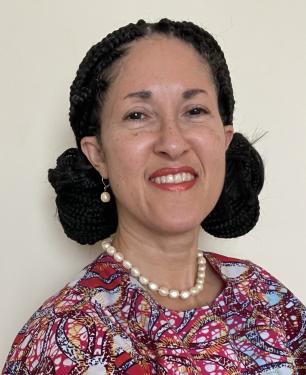 Dear Friends of WCW:
Dear Friends of WCW:
Happy New Year! I hope that your winter break was restful and rejuvenating. With a wrap on 2023, we leap headlong into 2024 with a sense of renewal and openness to what lies ahead. Our 2023 Research & Action Report highlighted some of our accomplishments from the previous year, as well as some of the new projects we are just starting. From our work to evaluate Planned Parenthood’s new sex ed curriculum to a new study of what home-based child care providers need to survive, we are excited about what is on the horizon—including a project that’s particularly close to my heart.
At the end of this week, I’ll be traveling to Liberia to train student intern data collectors for the Higher Education for Conservation Activity (HECA), a program funded by the United States Agency for International Development (USAID). My role on this project is Gender Equality and Social Inclusion Lead, and my work ensures that more women, youth, people with disabilities, and people from rural, forest-dependent communities can participate in higher education programs related to forestry, biodiversity, and conservation. Liberia contains the largest remnant of the disappearing Upper Guinean Rainforest, and we are trying to train more people to take care of it, for the benefit of all. It is important that women's unique experiences, perspectives, and ideas inform this effort, along with those of others who have been sidelined in the past. To be involved with an effort to stem climate change is new for WCW, and I'm excited that I can represent both WCW and the College on this larger team effort. Stay tuned for a travelogue on Women Change Worlds in February!
Like many of you, I am tuned in to the world around us, and watching closely what 2024 might bring. For one thing, this is a presidential election year, which could affect us profoundly by shaping the conditions of our work, including government funding streams. Secondly, there are still multiple wars going on in the world, and how we show up for peace and justice, whether individually or institutionally, as a women-led, social justice, research and action organization, will be important. What's more, climate change is likely to continue to affect the weather and a whole lot more, and how we weigh in on this consequential topic will be an area of emerging importance. Last but not least, artificial intelligence (AI) is the new kid on the block, and we are just beginning to understand what new issues it will raise, affecting gender equality, social justice, and human wellbeing as it evolves in ways we can scarcely imagine today. I’m sure you can think of many other things to add to this list. It is a time of converging grand challenges, but that has never scared WCW! We are on it!
As we begin this year, I am thankful for all of you and all you do to support WCW. However grand the challenges may be, it is always the small, local, everyday actions that give solutions life and make change sustainable. And it is also our interventions on the discourses of society—the ways in which we make sure WCW's research and action is heard and considered by wider audiences—that have the potential to change hearts and minds and structures of power in a positive, humane direction. Your material support of our work makes it sustainable and increases its power to influence change. In the famous words of an African philosopher, “I am because we are, and because we are, I am.” Thank you!
Happy 2024,
Layli
Layli Maparyan, Ph.D., is the Katherine Stone Kaufmann ’67 Executive Director of the Wellesley Centers for Women at Wellesley College.



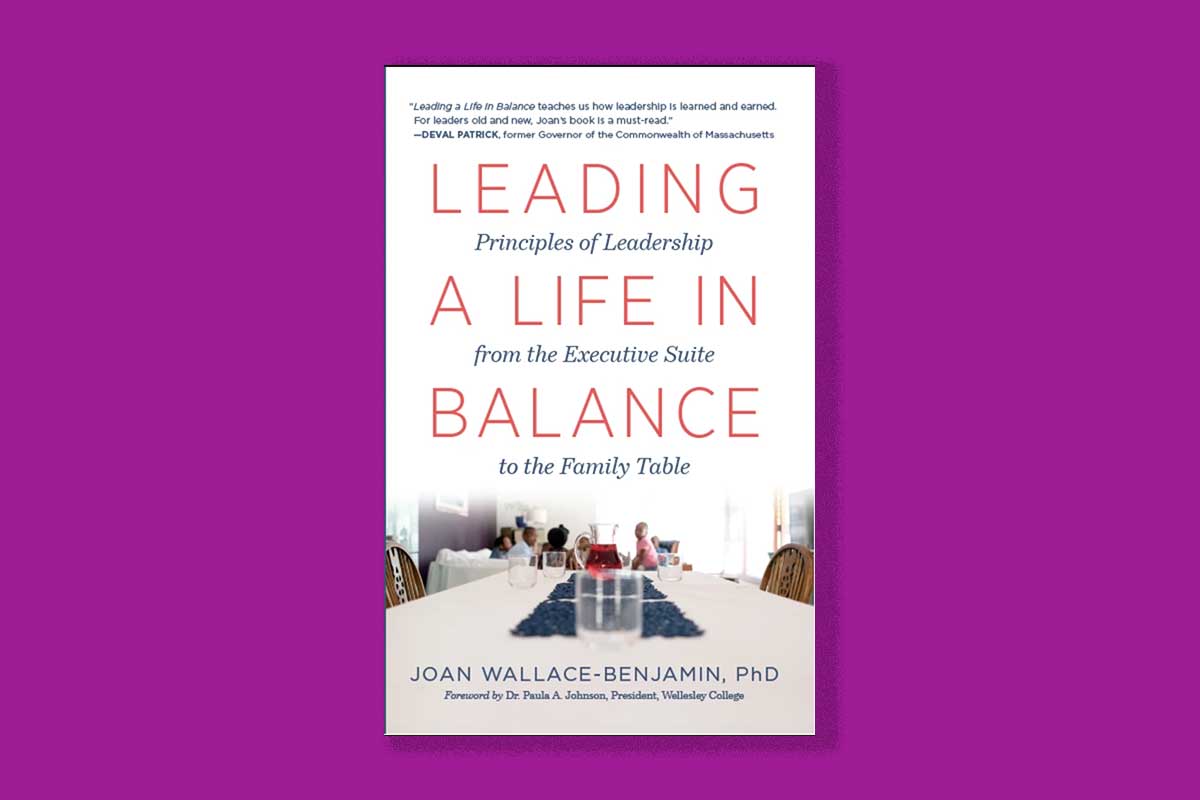 In my recently released book,
In my recently released book, 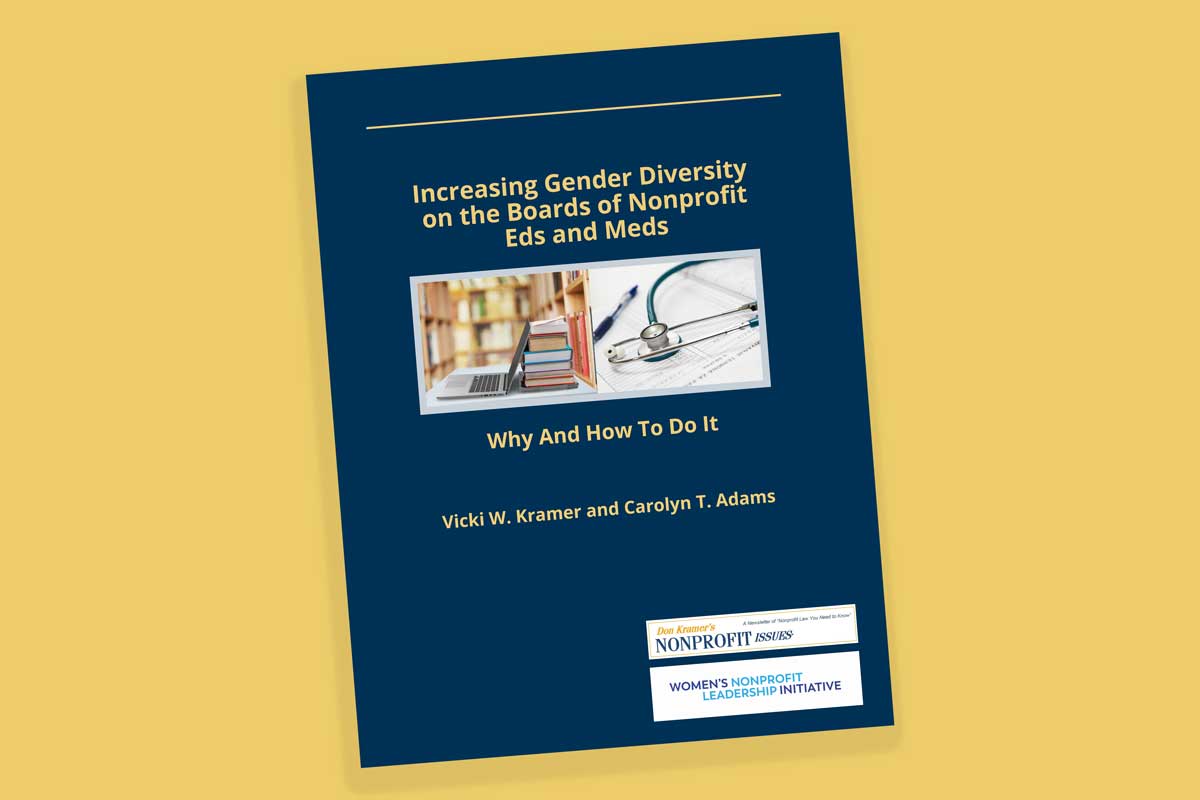 Hospitals and universities are facing challenges that many have never seen before as they respond to COVID-19. Universities are
Hospitals and universities are facing challenges that many have never seen before as they respond to COVID-19. Universities are 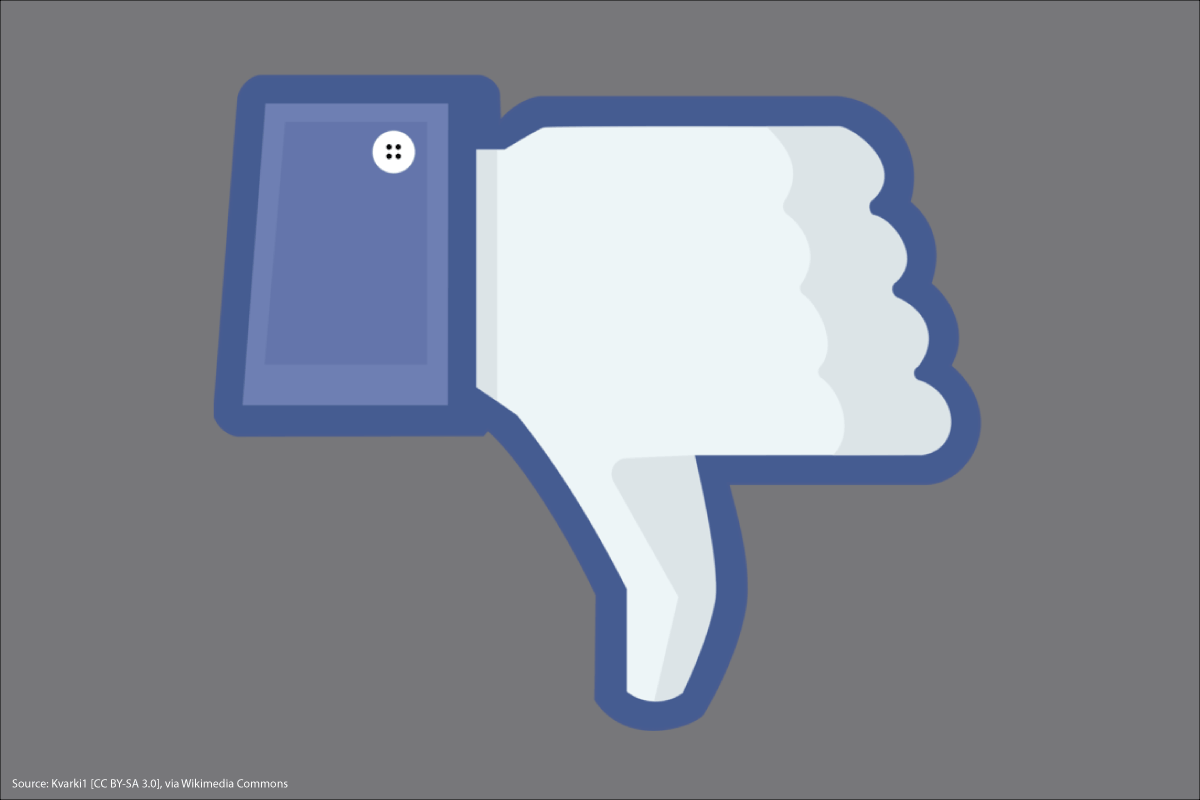 In a meeting with the Congressional Black Caucus earlier in October, Facebook’s Chief Operating Officer,
In a meeting with the Congressional Black Caucus earlier in October, Facebook’s Chief Operating Officer, 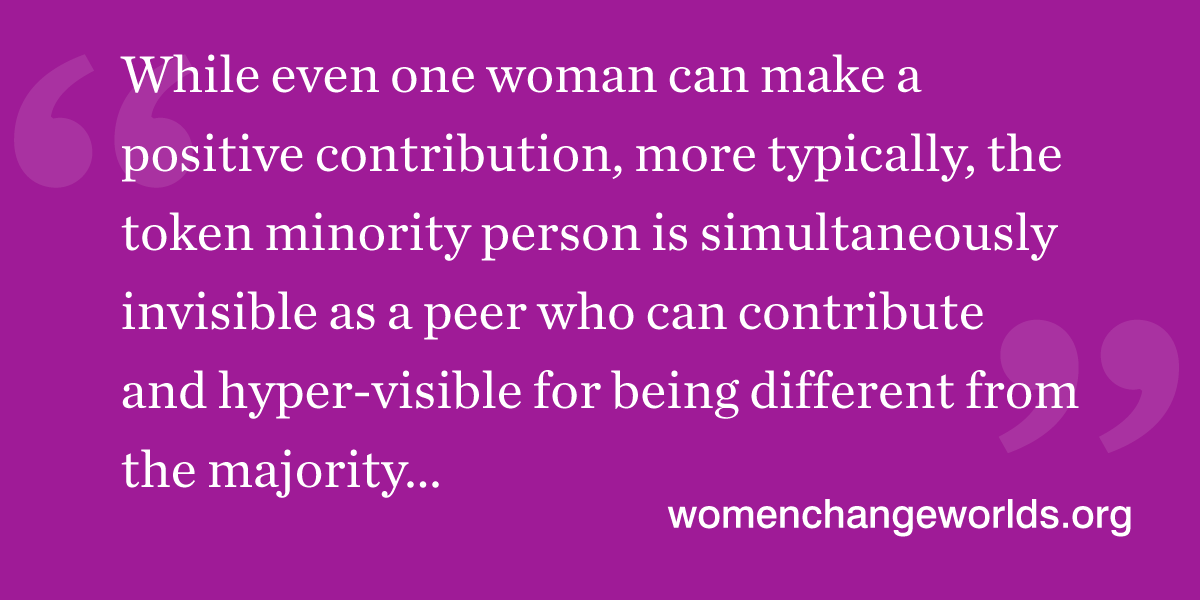 My colleagues Vicki Kramer, Allison Konrad, and I interviewed 50 women directors, 12 CEOs (nine male), and seven corporate secretaries at Fortune 1000 companies. We found that
My colleagues Vicki Kramer, Allison Konrad, and I interviewed 50 women directors, 12 CEOs (nine male), and seven corporate secretaries at Fortune 1000 companies. We found that 
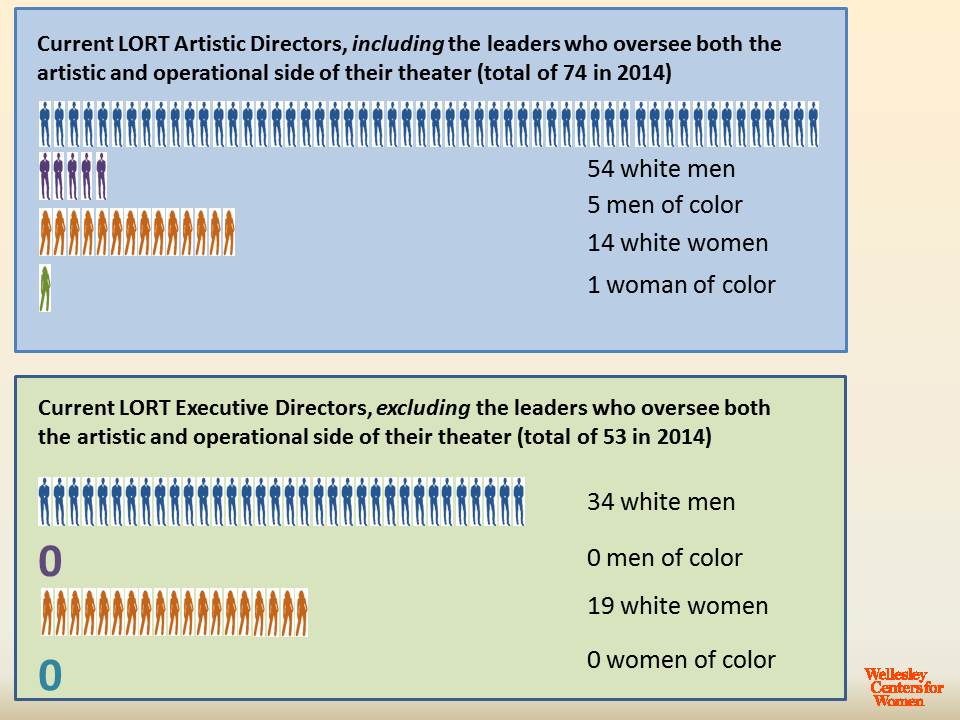
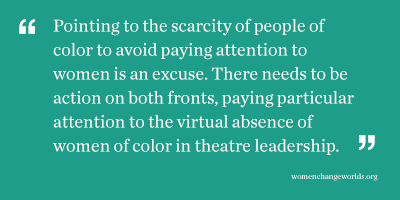 A word of caution: To conclude that the main problem is a pipeline issue and over time more women and people of color will become viable candidates is an incomplete diagnosis of the problem, and an excuse. It dismisses the large numbers of producers and directors who are well prepared and eager to take on artistic director positions. In addition to the pipeline, there is just as profound a glass ceiling that can be broken with a change in mindset among those who make hiring decisions. Here are some action points for hiring committees about selecting ADs:
A word of caution: To conclude that the main problem is a pipeline issue and over time more women and people of color will become viable candidates is an incomplete diagnosis of the problem, and an excuse. It dismisses the large numbers of producers and directors who are well prepared and eager to take on artistic director positions. In addition to the pipeline, there is just as profound a glass ceiling that can be broken with a change in mindset among those who make hiring decisions. Here are some action points for hiring committees about selecting ADs: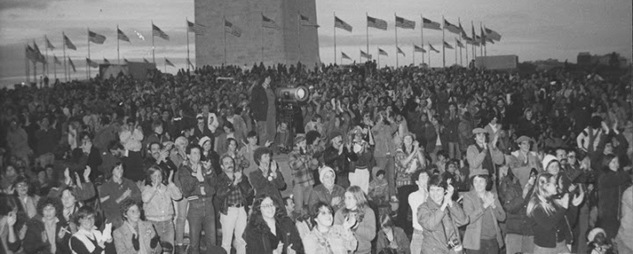
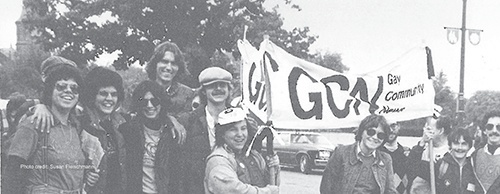 Thirty-six years later, the social status of LGBT people has changed enormously. Few LGBT people in Montana, say, would worry that a march in Washington, DC, would cause them to be set upon by an angry mob. In liberal Massachusetts, my employer, my neighbors, and my doctor all know I’m a lesbian. I’ve been married to my partner of 27 years since 2003—and my entire family came to our wedding. Since the Supreme Court’s Obergefell decision in June, my marriage is recognized by the federal government as well as that of my state. I can watch many television shows and movies in which LGBT characters make it through the entire plot without killing themselves. I can kiss my wife goodbye on the front steps when I leave for work in the morning without worrying (too much) that we’ll be beaten or shot.
Thirty-six years later, the social status of LGBT people has changed enormously. Few LGBT people in Montana, say, would worry that a march in Washington, DC, would cause them to be set upon by an angry mob. In liberal Massachusetts, my employer, my neighbors, and my doctor all know I’m a lesbian. I’ve been married to my partner of 27 years since 2003—and my entire family came to our wedding. Since the Supreme Court’s Obergefell decision in June, my marriage is recognized by the federal government as well as that of my state. I can watch many television shows and movies in which LGBT characters make it through the entire plot without killing themselves. I can kiss my wife goodbye on the front steps when I leave for work in the morning without worrying (too much) that we’ll be beaten or shot.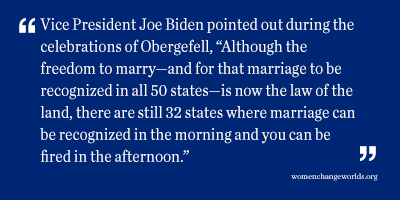 Still, as
Still, as 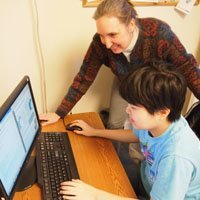
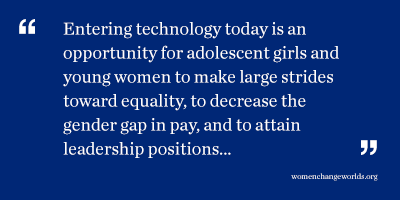 In my hometown, I see evidence that women are emerging as confident, enthusiastic leaders of technology. Recently, I was at a public meeting for a community group planning the inaugural
In my hometown, I see evidence that women are emerging as confident, enthusiastic leaders of technology. Recently, I was at a public meeting for a community group planning the inaugural 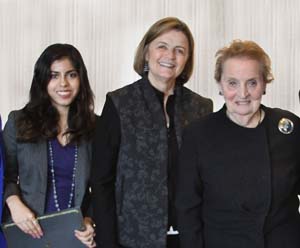
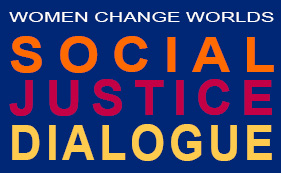 At the
At the 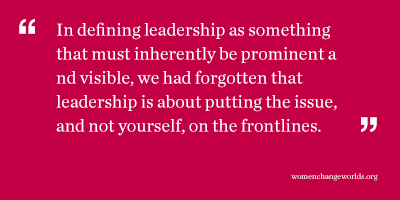 Yet just because women weren’t holding high-profile leadership positions on campus didn’t mean that they weren’t contributing to campus life. The committee also found that women were more likely to “hold behind-the-scenes positions or seek to make a difference outside of elected office in campus groups.” Women at Princeton, for example, were often engaged in cause-based issues, like spearheading campaigns to institute recycling across campus.
Yet just because women weren’t holding high-profile leadership positions on campus didn’t mean that they weren’t contributing to campus life. The committee also found that women were more likely to “hold behind-the-scenes positions or seek to make a difference outside of elected office in campus groups.” Women at Princeton, for example, were often engaged in cause-based issues, like spearheading campaigns to institute recycling across campus.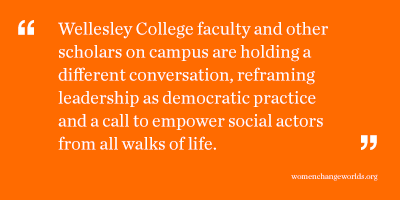 Second, the PPLA explores ways to do teaching and research that is driven by our values. We focus on the kinds of leadership and collective capacity we need to meet the common challenges our society face in a just way. We insist upon rigor and methodological soundness in our work, but we cannot separate moral and ethical considerations from our research and writing. Many scholars believe that our values suffuse our classrooms, laboratories, articles, and books whether we recognize and foreground them or not. The Project on Public Leadership seeks ways to affirm and support explicitly values-driven work.
Second, the PPLA explores ways to do teaching and research that is driven by our values. We focus on the kinds of leadership and collective capacity we need to meet the common challenges our society face in a just way. We insist upon rigor and methodological soundness in our work, but we cannot separate moral and ethical considerations from our research and writing. Many scholars believe that our values suffuse our classrooms, laboratories, articles, and books whether we recognize and foreground them or not. The Project on Public Leadership seeks ways to affirm and support explicitly values-driven work.
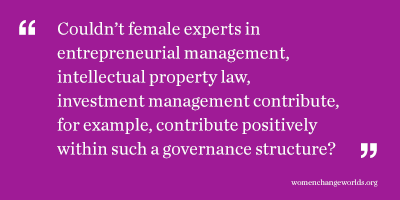 members of Twitter’s board members have undergraduate degrees from liberal arts colleges: one has a degree in English; another in Asian Studies. Couldn’t female experts in entrepreneurial management, intellectual property law, investment management contribute, for example, contribute positively within such a governance structure? It was smart of Twitter to include diversity of educational and work experiences on its board. Twitter (and all corporations) needs to stop making excuses and go for greater diversity, by including female, minority, and international members on its board.
members of Twitter’s board members have undergraduate degrees from liberal arts colleges: one has a degree in English; another in Asian Studies. Couldn’t female experts in entrepreneurial management, intellectual property law, investment management contribute, for example, contribute positively within such a governance structure? It was smart of Twitter to include diversity of educational and work experiences on its board. Twitter (and all corporations) needs to stop making excuses and go for greater diversity, by including female, minority, and international members on its board.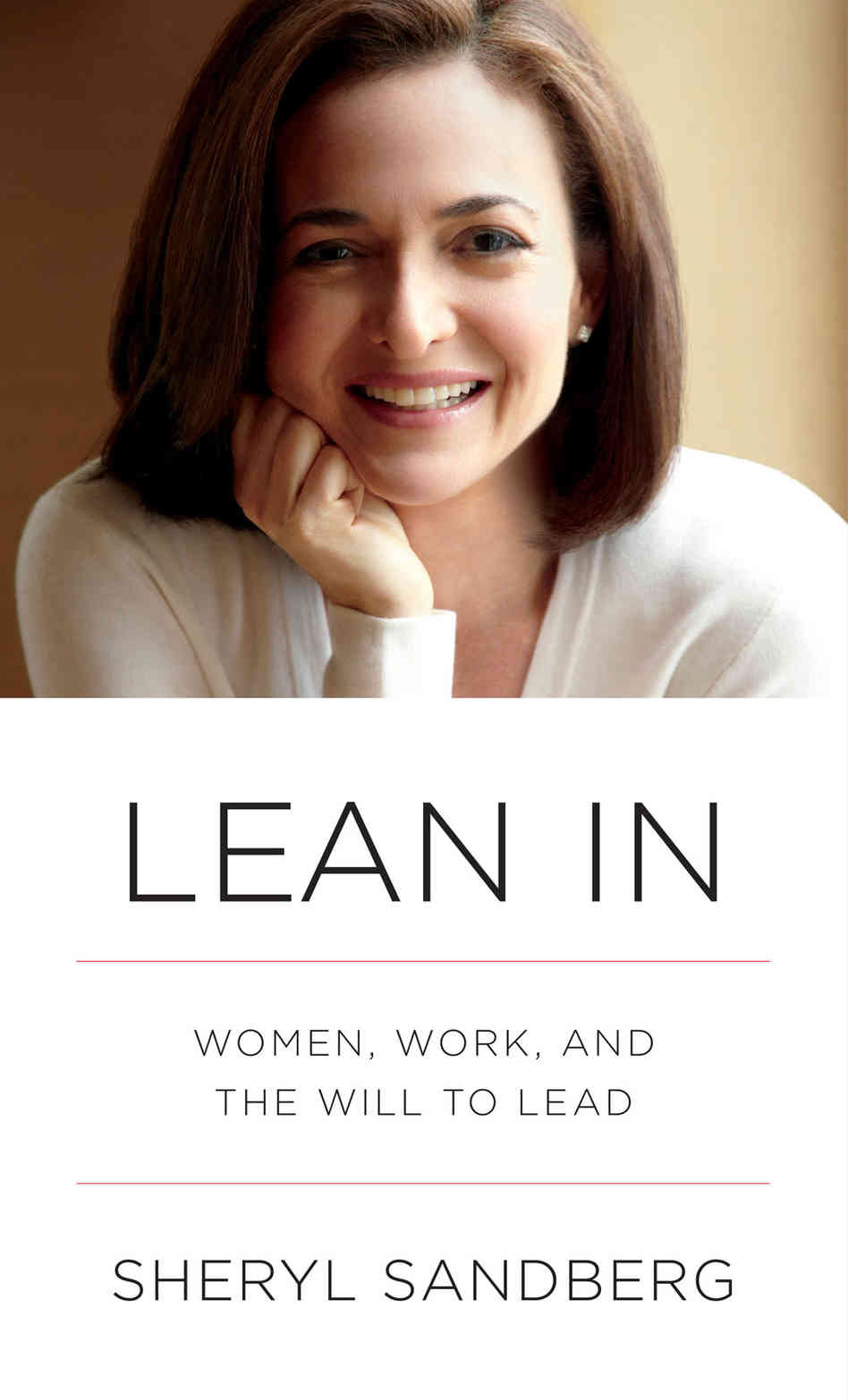
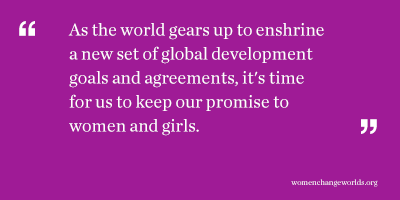 life-changing impact of our own
life-changing impact of our own 
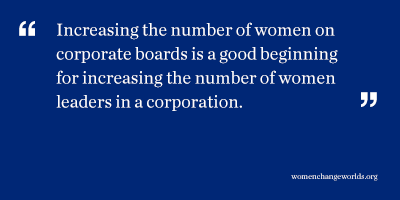 by people who do not know the candidate personally. When there is no familiarity with the person being evaluated to trump the bias that makes men seem more competent, men are chosen over equally competent women.
by people who do not know the candidate personally. When there is no familiarity with the person being evaluated to trump the bias that makes men seem more competent, men are chosen over equally competent women.